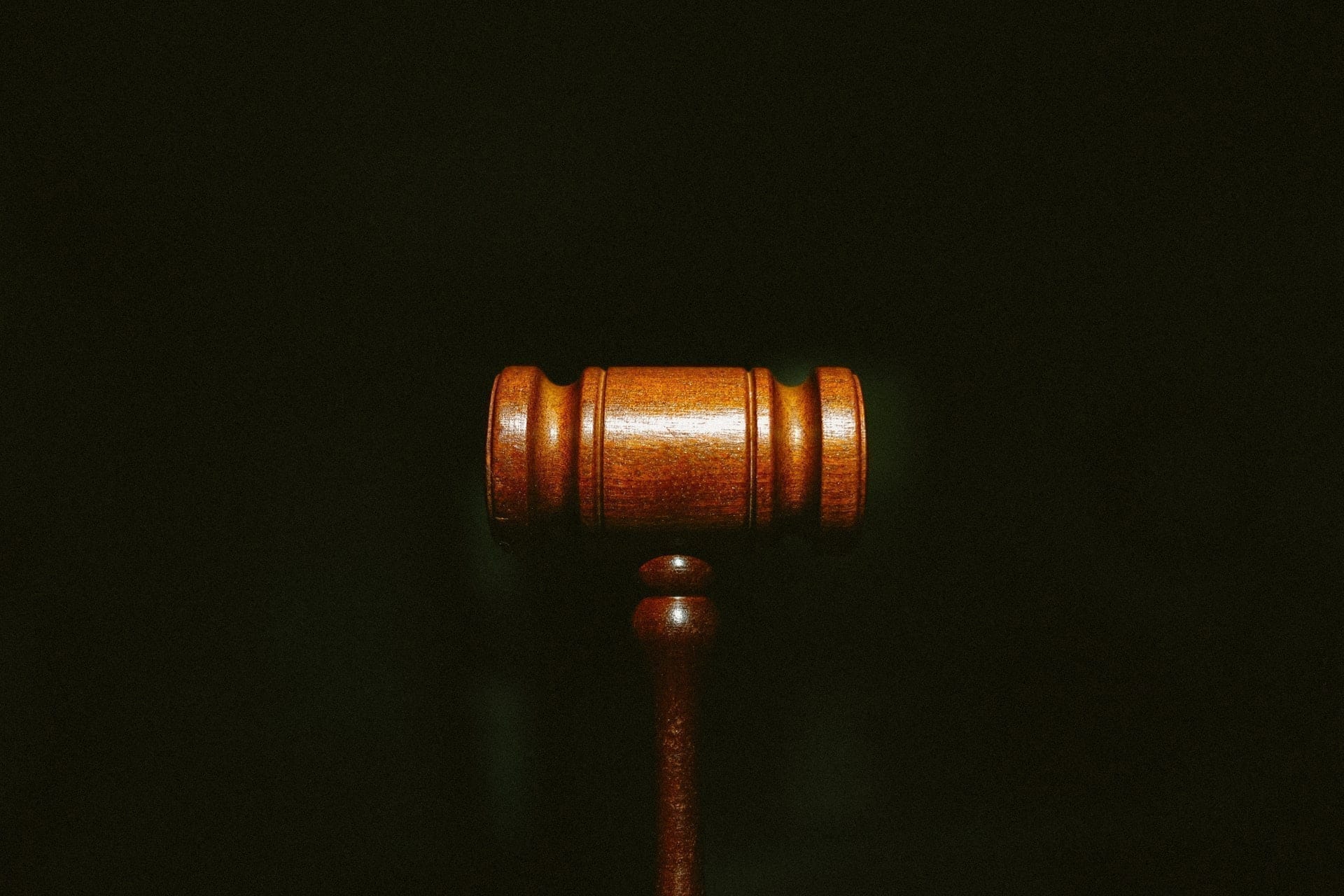If the government charges you with a crime, you have many rights that protect you. You have the right to an attorney. You also have the right to a jury trial. And you have the right to confront the witnesses against. When someone accuses you of breaking the rules in prison, you don’t have these rights. This is because a disciplinary proceeding is different than a criminal trial. But it’s still important to know and understand the rights that prisoners have during disciplinary hearings.
What rights do you have in a criminal prosecution that you don’t have in a disciplinary hearing?
In a criminal case, you have a lot of important rights. You have the right to an attorney. You may be unfamiliar with the laws and procedures that control your criminal case. So, having an attorney is very important.
You also have a right to confront the witnesses against you. This means that you (or your attorney) get to ask the people who say you committed a crime questions.
Another right you have is to a jury trial. This right requires that a group of people from your community agree that you are guilty. While the group may not be like you, you have a right to face a jury instead of just the judge.
In a disciplinary hearing, you don’t have any of these rights.
What rights do you have in a disciplinary hearing?
In a disciplinary hearing, you won’t have a right to an attorney, to confront witnesses or to a jury. But there are still rules that the prison must follow. In federal prison, for example, the Bureau of Prisons has a form outlining those rights. Some of them are significant.
First, the prison must give you notice of the charges against you. This means that prison officials must explain each particular rule violation being alleged. And they must also tell you what the potential penalties are for each one.
Then the prison will hold a hearing on the charges. A hearing for small violations may be short and informal. A hearing on more significant charges could be longer and more formal. After the hearing, the fact finder will make a decision in writing and explain what evidence was relied on. The fact finder will also explain why it imposed a punishment (if it did). And the punishment must reflect the seriousness of the violation.

What kind of punishments can prison officials use?
The type of punishment depends on the type of violation. Prison officials can take away your privileges, including your access to visitors, a phone, commissary and even paid work. For more severe misconduct, they can also place you in solitary confinement. However, prison officials cannot deprive you of basic human needs.
What can you do to prepare for a disciplinary hearing?
If you’re charged with misconduct in prison, there are several things you should keep in mind.
- Remain silent during most of the disciplinary hearing. During a disciplinary hearing, the prison officials are not there to be your friend. If you say something that amounts to a confession of a rule violation, the officials will use that to punish you.
- Ask for witnesses and evidence. A prison official may wrongly accuse you of committing misconduct. You can ask to present witnesses or evidence to challenge their version of events. Maybe another person saw what happened. Or maybe you know the interaction was recorded. These things can help you win your disciplinary hearing.
- Prepare a written statement. You have the right to make a statement to the fact finder. While most prisoners make a verbal statement, there are benefits to using a written one. The hearing officials cannot misstate your words if they are in writing and in the record.
- Appeal unfavorable decisions. If you are found guilty of breaking a rule in prison, you have the right to appeal. You should use it. Going up against prison officials in an in-prison disciplinary hearing can feel like a no-win situation. But an appeal, especially with an attorney’s or a jailhouse lawyer’s help, might give you a fair shot.
The Takeaway:
When the government charges you with a crime, you have many rights protecting you. When you’re charged with misconduct in prison, you don’t have those rights. In short, there are not many rights that prisoners have during disciplinary hearings. But you do have some, including the right to know the charges against you, the right to make a statement and others. You should use those rights.






